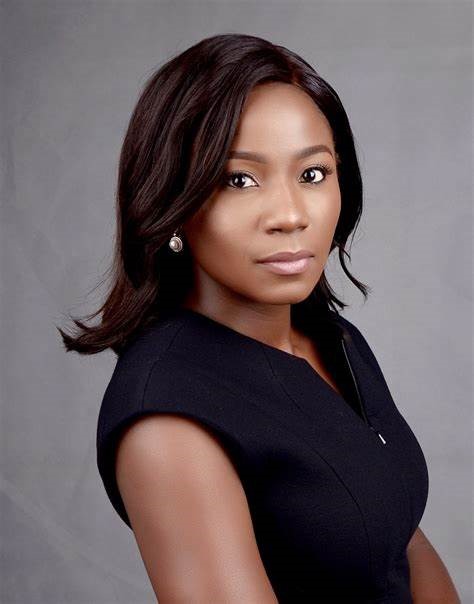The Special Adviser on Energy to the President, Mrs Olu Arowolo Verheijen, has said Nigeria has unlocked over $1 billion in investments across the value chain in the energy sector.
She stated that by the middle of 2025, the federal government expects to see the Fund for Innovation in Development (FID) on two more projects, including a multibillion-billion-dollar deepwater exploration project.
She stated that this will be the first of its kind in Nigeria in over a decade and one of many to come.
According to her speech obtained by New Telegraph on Sunday, she spoke at the African Energy Week in Cape Town, South Africa. The title of the summit was “The Future of Energy: Shaping the Workforce of Tomorrow.”
Verheijen said there are abundant opportunities that lie ahead and that Nigeria could become a leading global producer and exporter of energy, whether it is fossil fuels or renewables.
She said: “We see the abundant opportunities that lie ahead. We see a Nigeria that is a leading global producer and exporter of energy –whether its fossil fuels or renewables.
“We are not held back by the outdated approaches and assumptions of the past. We are open, daring and eager to leave a legacy that will stand the test of time.”
She stated that the current administration has made reforms and achievements in the energy sector in the last 12 months.
Verheijen said: “We have clarified the regulatory roles to create an enabling environment for investments, introduced reforms targeted at reducing high operational costs and project execution timelines; introduced a clear set of fiscal incentives for Non-Associated Gas and Deep offshore Oil & Gas exploration and production. This is the first time that Nigeria has outlined a fiscal framework for deepwater gas since basin exploration commenced in 1991.
“Nigeria’s Petroleum Industry Act took twenty years to be passed into law and given Presidential assent, in 2021. We are now building on that foundation with an unprecedented sense of urgency, to completely rewrite the narrative of oil and gas investment in Nigeria. We are already seeing the fruit of our work. Regulatory approvals are being expedited, and major upstream investment decisions are being finalized.
“We have unlocked over $1 billion in investments across the value chain and by the middle of 2025, we expect to see FID on two more projects, including a multi-billion billion-dollar deepwater exploration project, which will be the first of its kind in Nigeria in over a decade – one of many to come. We see the abundant opportunities that lie ahead.
“We see a Nigeria that is a leading global producer and exporter of energy –whether its fossil fuels or renewables. We are not held back by the outdated approaches and assumptions of the past. We are open, daring, and eager to leave a legacy that will stand the test of time.
“I will always be grateful to President Bola Ahmed Tinubu for giving me this opportunity, and I intend to pay it forward, in all the ways that I can, for multitudes of young women out there just waiting in the wings for their own chance to show what they are capable of doing. I hope that in every country across Africa, these stories will be replicated, and the gender gaps that have come to define our landscape will be aggressively narrowed and closed.
“There is no doubt that the continent will be the better for it. Bringing the perspectives, capacity and energy of its women, who make up half of the population, into the mix, is a requirement for building the Africa of our dreams.”
She said that Africans are at a point in their developmental process where energy access is critical in shaping the continent’s future.
She noted that the continent’s resources (including renewables) are abundant yet over 75% of the population lacks sufficient energy access.
Verheijen said: “As a continent seeking to change this narrative, we must ensure that energy ceases to be the limiting factor in Africa but rather becomes a tool for driving industrialization and development. One of the ways we can address this is through a productive energy workforce.
“There is no doubt that the future we are moving into will be very different from where we are coming and what we are used to. It will take incredible amounts of human energy and a diversity of talent and expertise to enable us to adapt to these rapidly evolving and often unpredictable scenarios and circumstances.
“In summary: we are the ones who will determine the outcome of the delicate balance between energy security, affordability and sustainability for this continent.”















